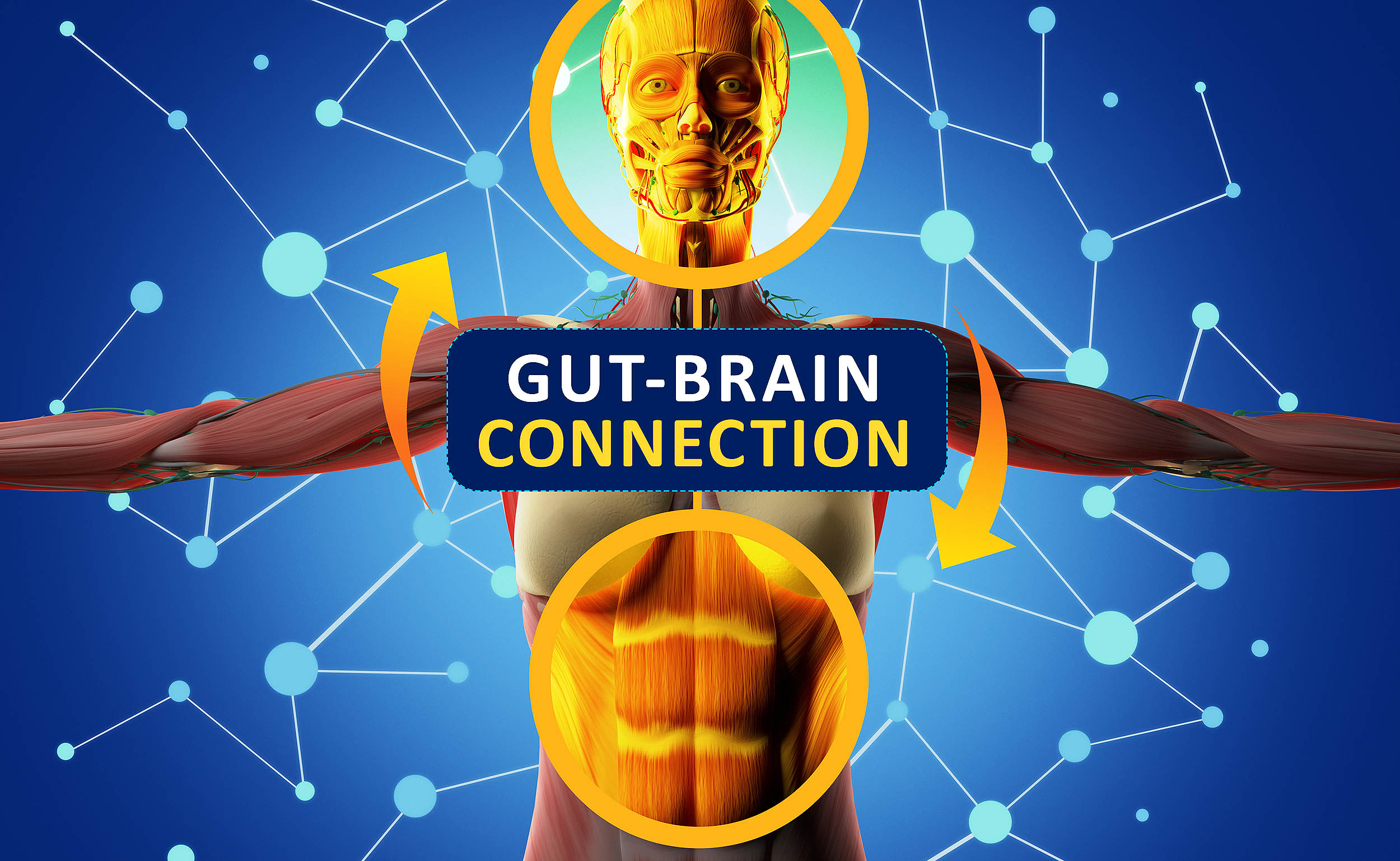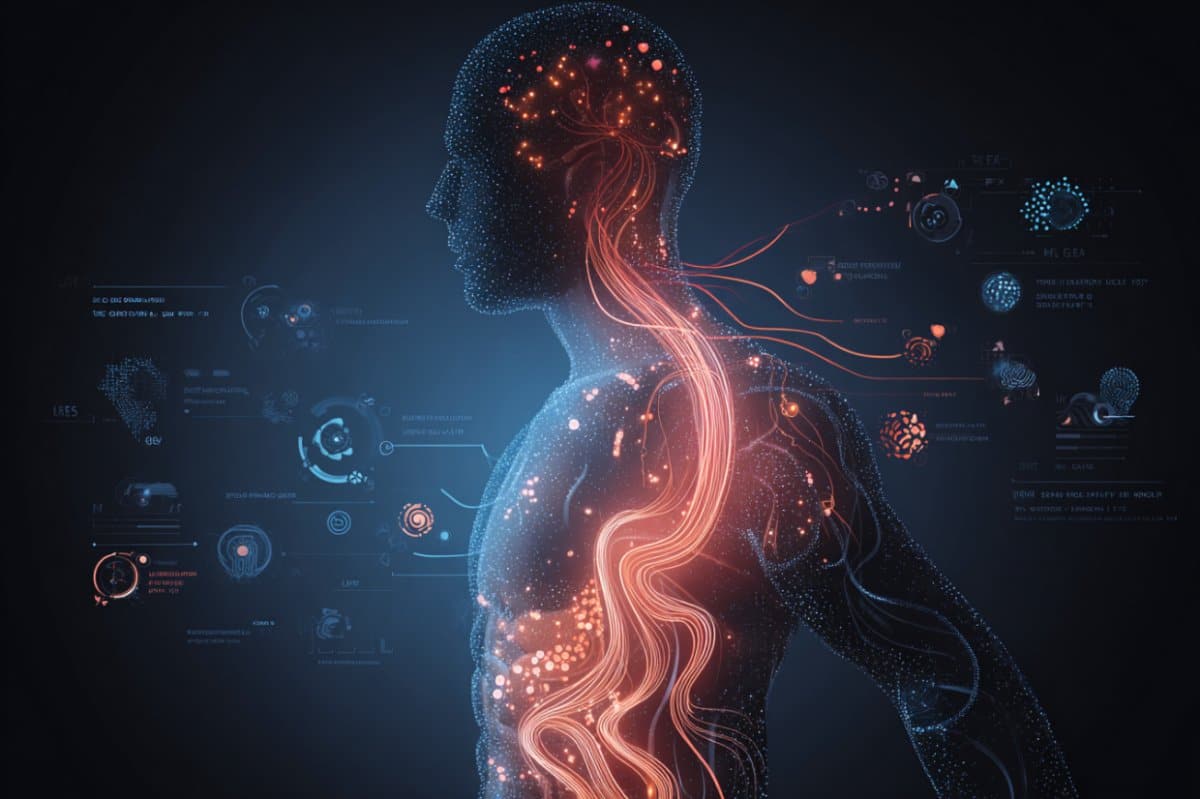T4K3.news
New study reveals gut bacteria affect appetite
Researchers find that gut bacteria communicate with the brain to influence eating behavior.

A new study reveals how gut bacteria can influence human behavior and appetite through fast-acting signals.
Discovery of gut bacterial signaling reshapes understanding of appetite control
Researchers have revealed new insights into how gut bacteria can influence human behavior and appetite. A study from Duke University School of Medicine shows that chemical signals from gut microbes can reach the brain rapidly, affecting how much food we consume. The study identifies neuropod cells in the colon, which are connected to the vagus nerve, forming a communication line between gut bacteria and the brain.
Key Takeaways
"We were curious whether the body could sense microbial patterns in real time."
Bohórquez comments on the study's objective to explore gut microbial influence.
"This work will be especially helpful for the broader scientific community to explain how our behavior is influenced by microbes."
Bohórquez highlights the study's significance in understanding the microbiome's impact.
This research marks an important shift in understanding gut-brain interactions, specifically the role of microbes. By identifying the neuropod cells and their communication through the vagus nerve, scientists are beginning to unravel how our gut flora affects not just our physical hunger but potentially our emotions as well. The implications for treating obesity and related disorders could be significant, as this offers a more natural approach to managing appetites compared to traditional medications.
Highlights
- Gut bacteria may have more to say about our appetite than we thought.
- Microbial signals could redefine how we understand eating behavior.
- Can gut bacteria shape not just what we eat but how we feel?
- The gut might have a sixth sense beyond taste and smell.
Potential health implications arising from microbiome research
The new findings could raise questions about dietary recommendations and public health policies due to their impact on appetite control and emotional health.
As research evolves, it may reshape how we view diet and mental health.
Enjoyed this? Let your friends know!
Related News

New discovery in appetite regulation revealed

New research links gut bacteria to hunger regulation

New Study Links Psychiatric Medications to Gut Changes

New Study Reveals Soda Damages Gut Health

New research uncovers gut's role in appetite control

Study Links Gut Health to Chronic Fatigue and Long COVID

Duke University finds natural weight control in gut bacteria

New research challenges fasting diets for obese individuals
